Twitter’s tech systems breached by hacker
A very serious breach of security for the popular social network, as an intruder breaks into its systems and potentially has access to everybody’s Twitter account.

Someone has managed to hack into Twitter's private technical systems, resulting in the accounts of several high-profile individuals being compromised and defaced, including Barack Obama and Britney Spears.
Twitter discovered that 33 accounts had been hacked using tools that the Twitter support team uses, which helps people with tasks such as editing the email address associated with their Twitter account when they forget it.
This is different to the phishing attacks which affected a number of users (including Stephen Fry) at the weekend, because rather than taking over accounts using phished usernames and passwords, this was an attack on Twitter's own systems.
It is still unclear whether this was the work of an external hacker or a Twitter employee. This attack was much more serious than the phishing scam, as the internal hack exposed everybody's Twitter account to hacking or defacement.
On the Twitter blog co-founder Biz Stone said: "We considered this a very serious breach of security and immediately took the support tools offline. We'll put them back only when they're safe and secure."
Twitter planned to release a closed beta of the open authentication protocol OAuth this month, which would allow secure API (Application Programming Interface) authorisation.
However, Twitter said that it was important to note that OAuth would not have prevented a phishing scam, nor would it have prevented accounts from being compromised. Instead OAuth is for those who use third party applications built on the Twitter API to access their data while protecting their account credentials.
Get the ITPro daily newsletter
Sign up today and you will receive a free copy of our Future Focus 2025 report - the leading guidance on AI, cybersecurity and other IT challenges as per 700+ senior executives
The security breach and phishing attacks come at a bad time, with Twitter potentially being the next break-out social network. Late last year talks with Facebook about a potential takeover deal fell through.
-
 Bigger salaries, more burnout: Is the CISO role in crisis?
Bigger salaries, more burnout: Is the CISO role in crisis?In-depth CISOs are more stressed than ever before – but why is this and what can be done?
By Kate O'Flaherty Published
-
 Cheap cyber crime kits can be bought on the dark web for less than $25
Cheap cyber crime kits can be bought on the dark web for less than $25News Research from NordVPN shows phishing kits are now widely available on the dark web and via messaging apps like Telegram, and are often selling for less than $25.
By Emma Woollacott Published
-
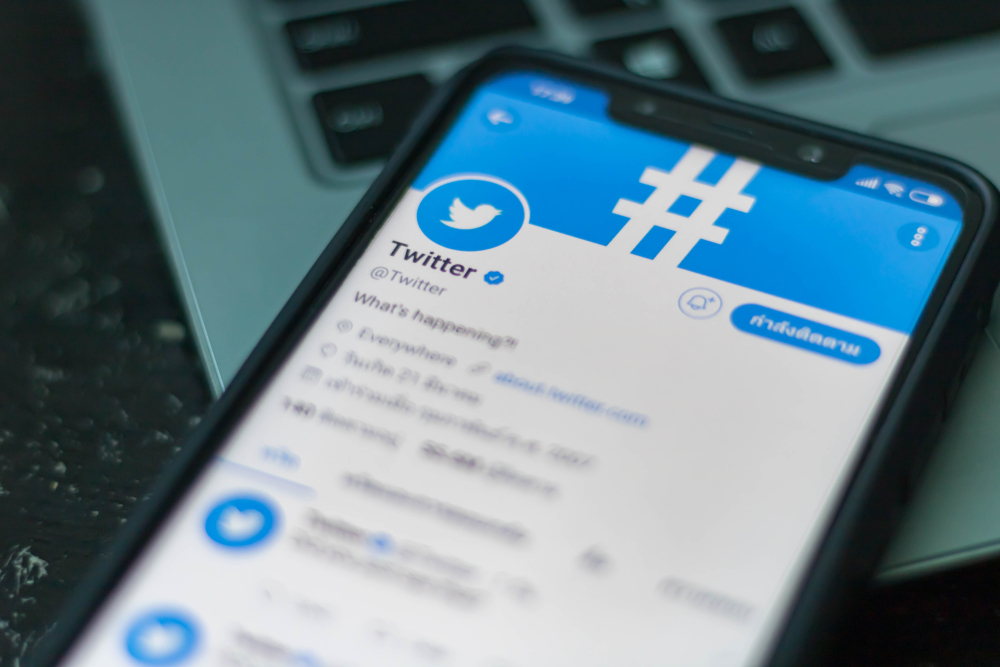 Twitter API keys found leaked in over 3,200 apps, raising concerns for linked accounts
Twitter API keys found leaked in over 3,200 apps, raising concerns for linked accountsNews Business and verified Twitter accounts linked to affected apps are at risk of takeover, use in malicious campaigns
By Rory Bathgate Published
-
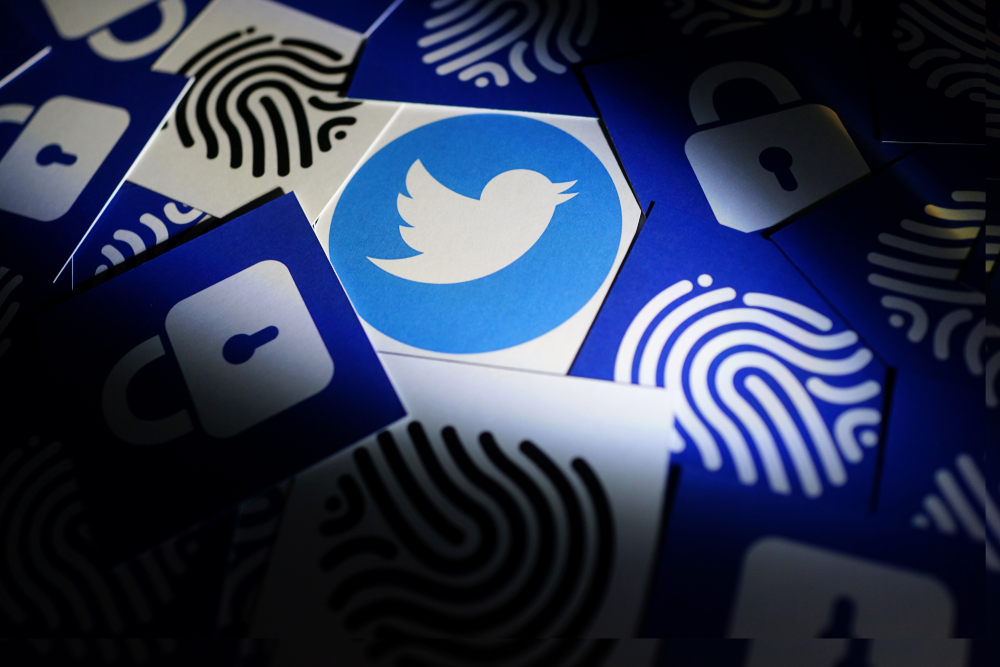 The Twitter hack, and why we need a better class of criminal
The Twitter hack, and why we need a better class of criminalOpinion The bitcoin scammers’ biggest crime isn’t fraud - it’s lack of imagination
By Adam Shepherd Published
-
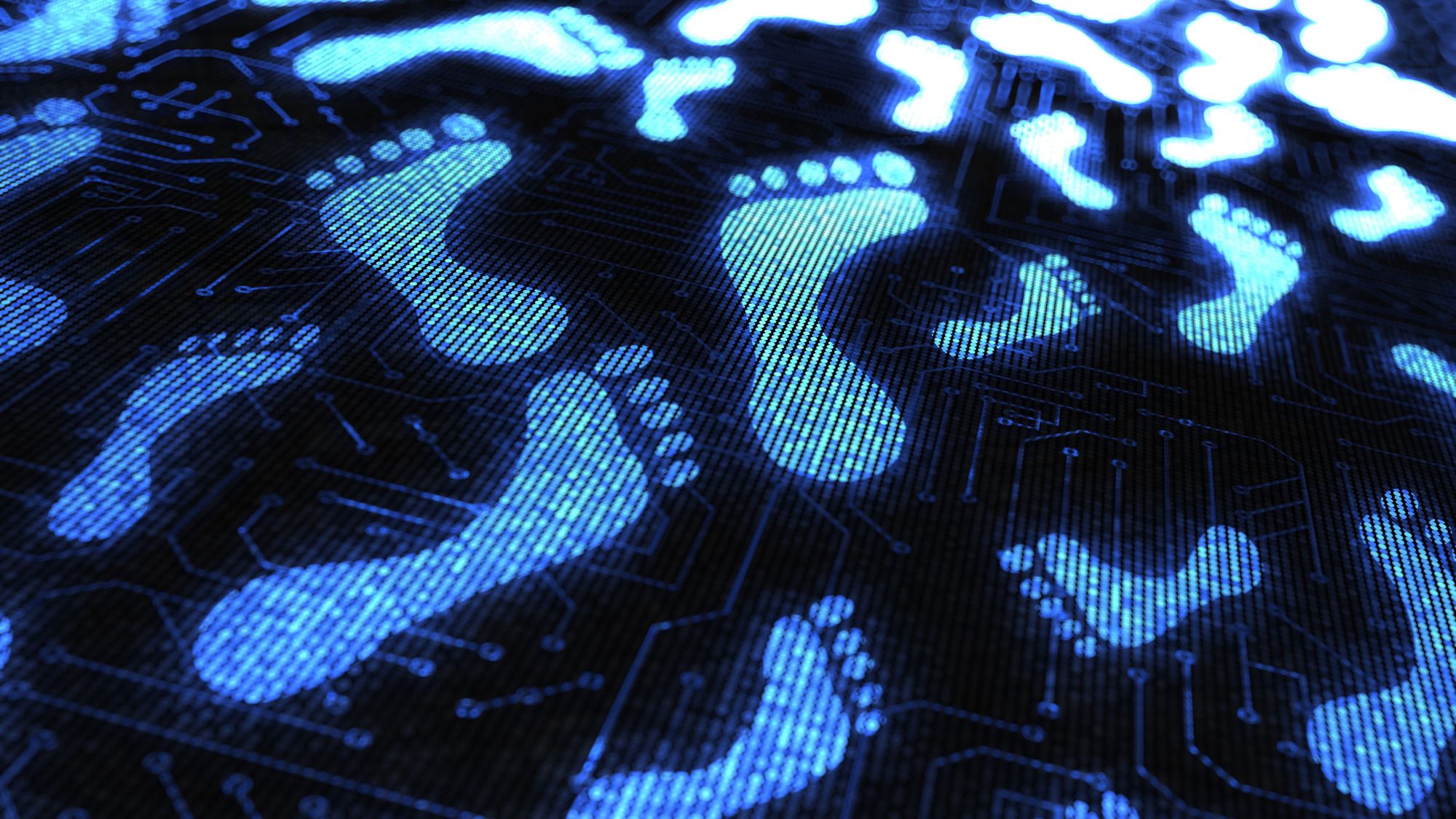 What is your digital footprint?
What is your digital footprint?In-depth Your digital footprint is always growing – so we explore how you can keep it under control
By Maggie Holland Last updated
-
 Nine top GDPR tips for email marketing strategies
Nine top GDPR tips for email marketing strategiesIn-depth It's not all doom and gloom – here's how you can make GDPR work for you
By Zach Cooper Last updated
-
 Media and telco consortium calls for social media regulation
Media and telco consortium calls for social media regulationNews Companies including Channel 4, BT and the BBC urge the government to place firms like Facebook under greater oversight
By Adam Shepherd Published
-
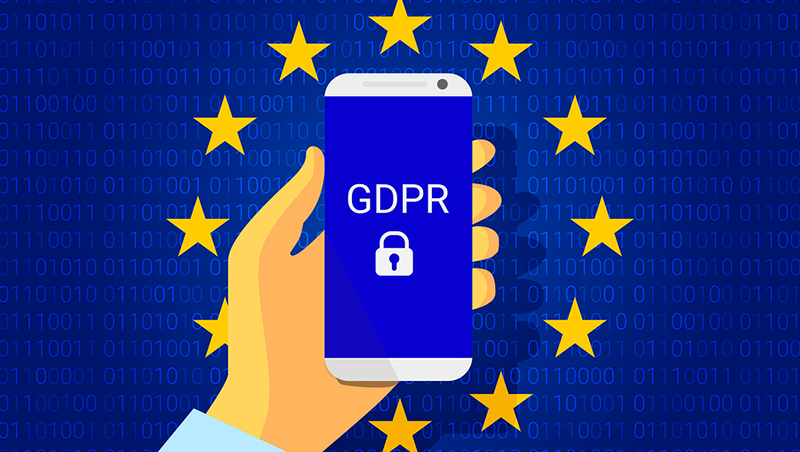 Why GDPR creates a "vicious circle" for marketers
Why GDPR creates a "vicious circle" for marketersNews Customers will control the forthcoming trust economy, predicts Aprimo
By Rene Millman Published
-
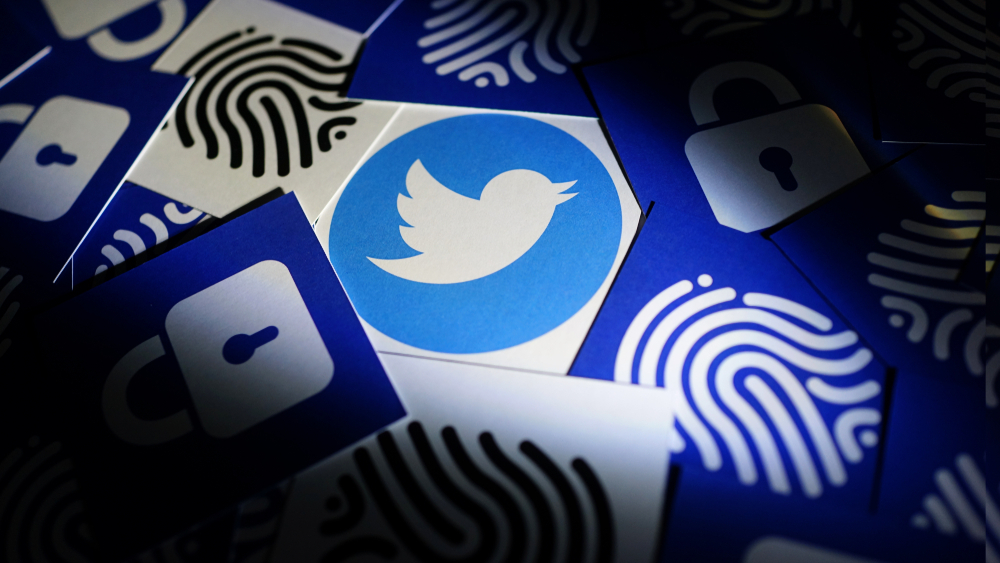 Twitter alerts users after squashing password revealing internal bug
Twitter alerts users after squashing password revealing internal bugNews The company is advising users to reset their passwords 'in the interests of caution'
By Adam Shepherd Published
-
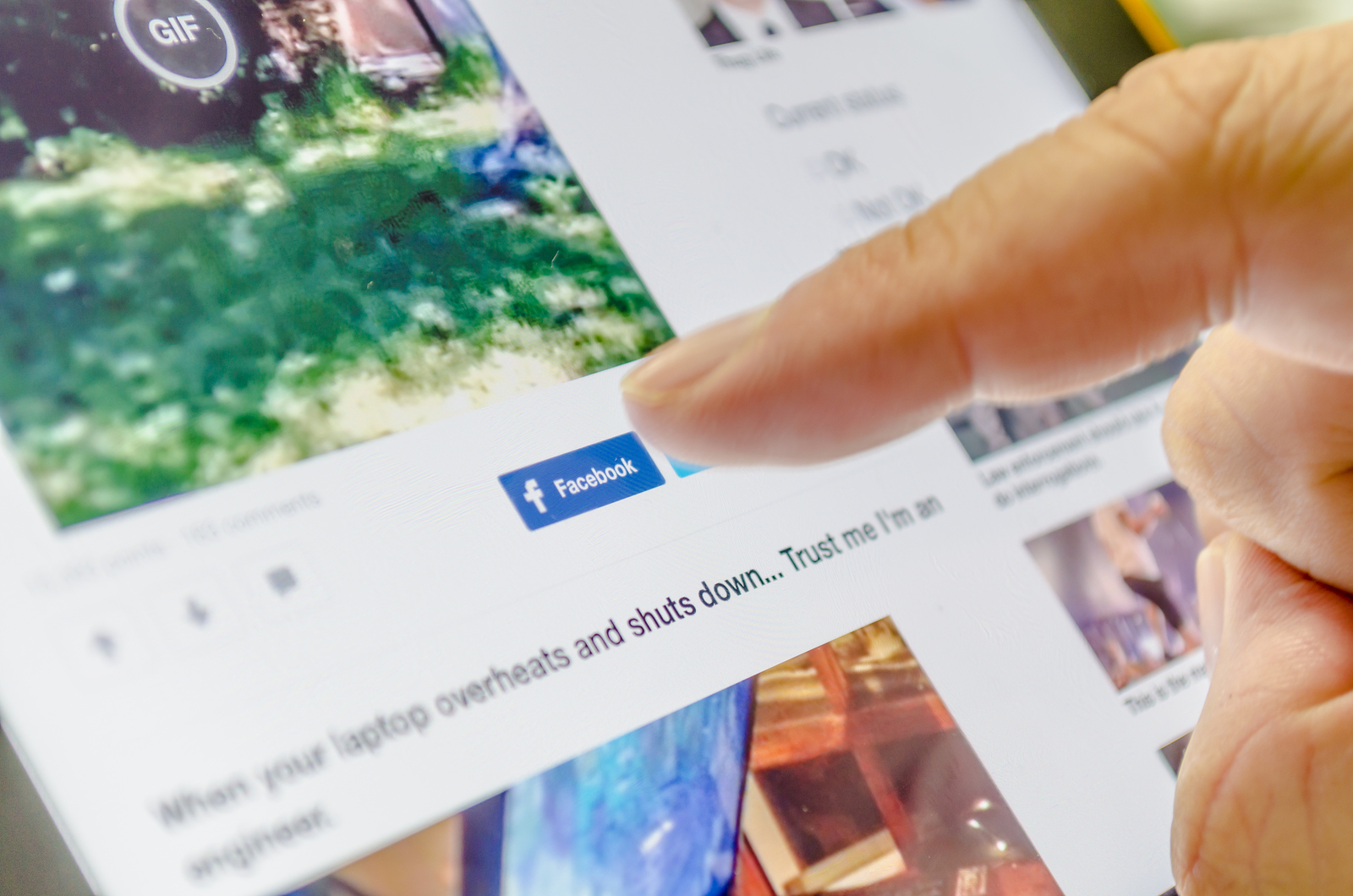 Facebook will allow adverts to target users based on beliefs
Facebook will allow adverts to target users based on beliefsNews The company will also give users opt-ins to use facial recognition to prevent impersonation
By Rabbil Sikdar Published